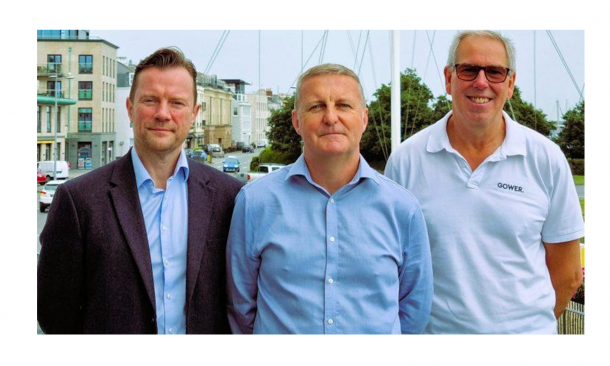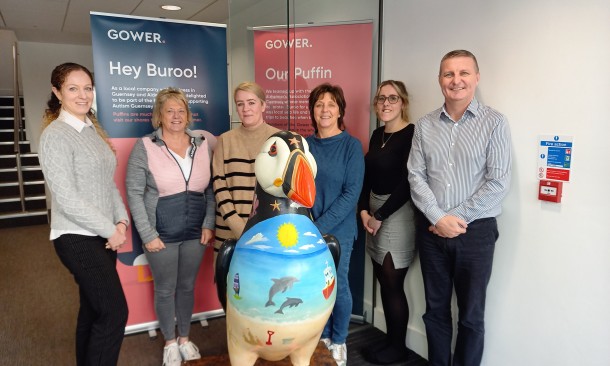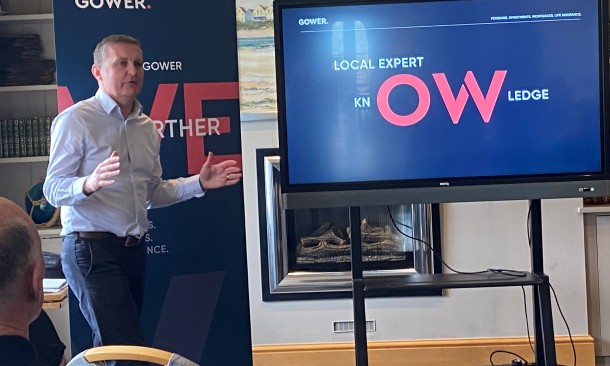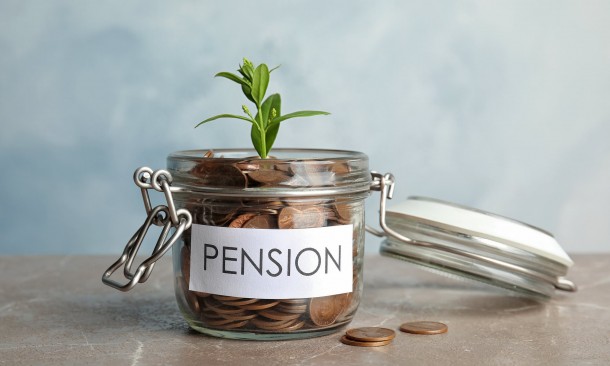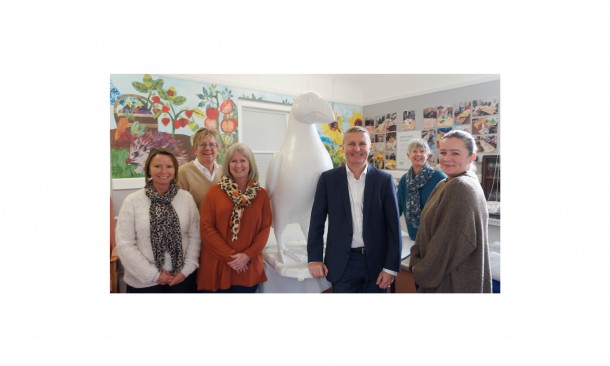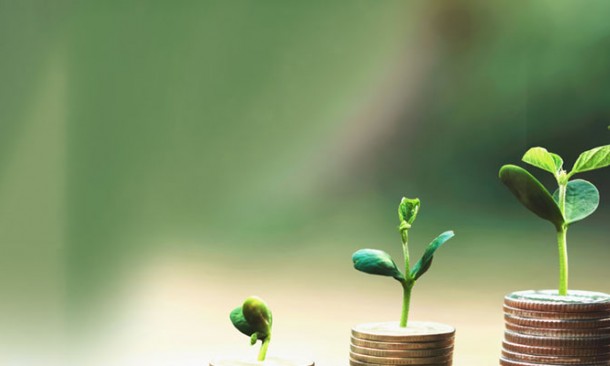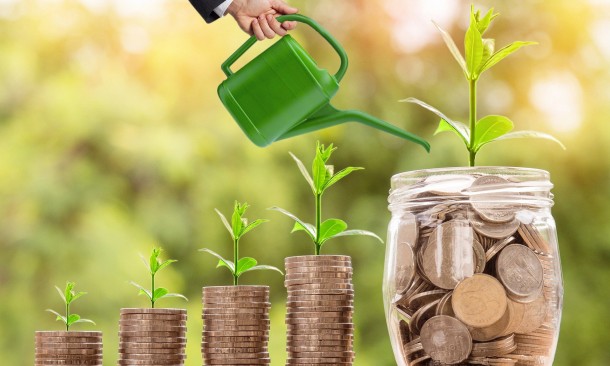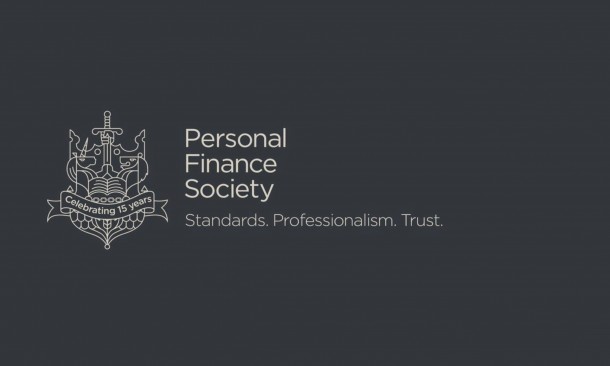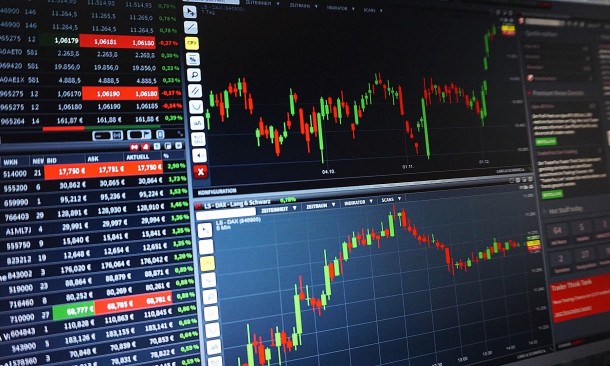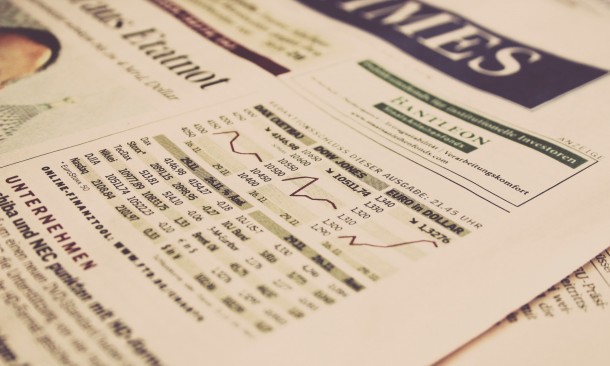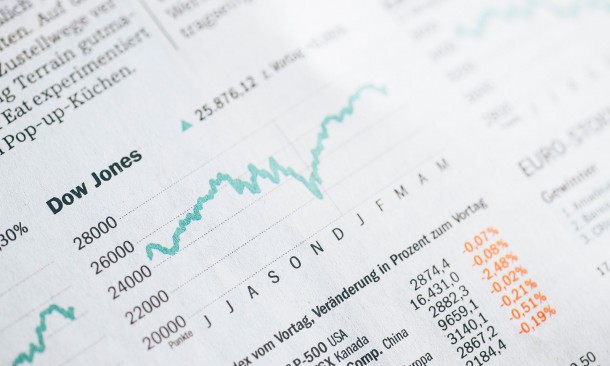Sustainable Investing
Paul McCormick, Financial Adviser at Gower Financial Services, looks at ‘Sustainable’ investing in a fast-changing world and at how it can help investors plan for the future.
During the course of the last six months we’ve all been forced to change our behaviour in one way or another and there are aspects of life that have altered forever. Whilst everyone’s health remains a priority, the virus will have a lasting effect on the way we live our lives, consume goods and services and this will have a knock-on effect on financial markets going forward. Given that the vast majority of us rely on these financial markets for our investments and pensions, it is therefore important for us to understand where we should look for growth in the future.
Changing habits
Of course, the way we consume goods and services has been evolving for some time, whether it’s ordering your groceries online or your weekend takeaway via an app. However, as with most crisis situations the rate of change has accelerated dramatically during the Pandemic. As a result, in terms of investing, this has led to strong performance in sectors such as technology and communications, driven by, amongst other things, online shopping and working or educating from home. This has been in direct contradiction to some of the traditional investments such as energy and travel, which have struggled with changing demand for their services as we have filled up the car less and been unable to travel.
The sectors that have shone in the last six months generally have one thing in common, ‘sustainability’. Whilst it is likely that ratio of sustainable assets in all investment portfolios will increase, the easiest way to access these assets is still via an Ethical or ‘ESG’ (Environmental, Social, Governance) fund or portfolio.
What are Ethical & ESG investments and how do they differ?
Ethical investing is based upon principles and morals. An Ethical investment will automatically filter out so called ‘sin stocks’ such as tobacco, weapons and gambling, so there is no chance of exposure to companies that operate in these areas, despite other positive areas of their operation and potential profitability.
ESG investing takes more of a pragmatic approach to ‘green’ investing and allows companies to demonstrate positive elements of their business to investors. Each of the three pillars (Environmental, Social and Governance) provide a screening test by which potential investors can measure a company’s ‘green’ credentials. For example, to pass the test on ‘Environmental’ a company would have to demonstrate that its activities do not damage the natural environment. For the ‘Social’ factor they might need to demonstrate a strong position on diversity and human rights and for ‘Governance’ that the company is run with good stewardship and that employees and executives are remunerated fairly. So if an investor is happy with the way a company measures up to these tests it could be included in an investment portfolio.
Sustainable themes for the future
So as our habits change, it is likely that companies that offer sustainability are going to be a key part of the recovery from the global Pandemic. Those investments that have been successful during the Pandemic have not been successful just because the underlying companies are in demand now. Investors recognise that they are likely to be more in demand over the long-term as economies come out of lockdown. So the question for the investor is how best to harness this potential.
Clean energy
Awareness of pollution and climate change has been with us for many years, but has gained momentum through Greta Thunberg inspired rallies and increased regularity, and media coverage of, climate events such as bush fires and tropical storms. All of this taps into our collective consciences and drives demand for products and services than do less damage to the environment. As a result, demand for clean energy such as solar power will grow and demand for fossil fuels will fall.
Stakeholder consideration
The ‘pursuit of profit’ nature of big business has changed somewhat over recent years. Companies have realised that doing what is best for all stakeholders is the way to win the hearts and minds of customers, rather than providing a return for shareholders at the expense of everything else. Being a considerate organisation drives reputation, in turn improving the prospects for profit.
Avoiding ‘Greenwashing’
‘Greenwashing’ refers to the practice of making misleading marketing claims that a product or service is sustainable. It is important that investors looks for meaningful and measurable claims rather than general statistics in order to avoid this. Exclusions on investments allowed into a portfolio should be explicit and clear.
Time to check your investments
It is important that investing in sustainable investments doesn’t become a case of virtue signalling. As ever, the investor must remain focussed on finding good value, but be cognisant of the fact that the rate of change has accelerated in 2020 and returns will be found from different sources, driven by consumer behaviour. For more information on sustainable investing or to review your existing portfolio, please contact me at [email protected] or telephone 700155.
Disclaimer
Past performance is not a guide to future returns. Please note that the value of your investments can go down as well as up and you could get back less than your original investment.
The information and views expressed in this blog is for general information purposes only and is provided by Gower Financial Services Limited ("Gower", "we"). While we endeavour to keep the information up to date and accurate, we make no representations or warranties of any kind, express or implied, about the completeness, accuracy, reliability, suitability or availability with respect to the blog for any purpose.
The blog is based on the opinions of Gower and therefore does not reflect the ideas, ideologies, or points of view of any organisation with which Gower is, and may in the future potentially be affiliated with.
This blog does not constitute investment or financial advice or a representation that any investment strategy or service is suitable or appropriate to your individual circumstances.
Gower will not be liable for any loss or damage including without limitation, indirect or consequential loss or damage, or any loss or damage whatsoever arising from loss of data or profits arising out of, or in connection with, the use of the information contained within this blog.
Gower Financial Services Ltd is licensed and regulated by The Guernsey Financial Services Commission. Company registration number 37312 and has its registered office at Suite E3, Sarnia House, East Building, Le Truchot, St Peter Port, Guernsey, GY1 4EN.

















